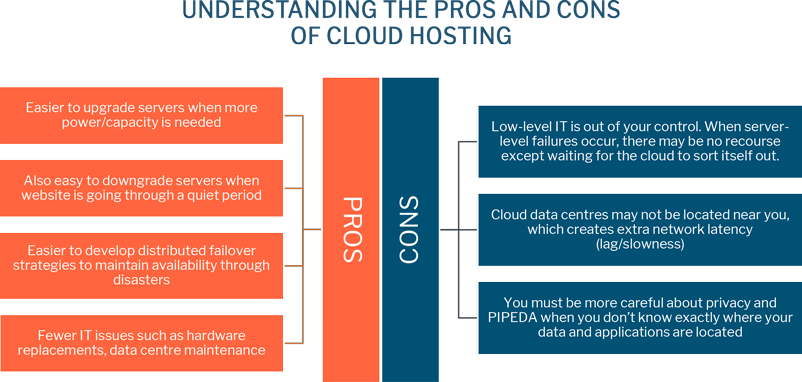With cloud computing becoming common-place, many Canadian Associations have not been able to take advantage of it due to The Personal Information Protection and Electronic Documents Act (PIPEDA) which is a Canadian federal law that applies to the collection, use, and disclosure of personal information in the course of commercial activities in all Canadian provinces. It requires that all personal data is stored and hosted in Canada.
This goes against the nature of cloud computing where the specifications and the location of your servers is immaterial. The benefits of the cloud computing approach is that you do not need to concern yourself with low-level IT details like server hardware and hosting facilities, and related issues like hardware maintenance and server migrations. But the very abstraction that makes cloud computing attractive also makes it problematic when you do need to state with some specificity where your data is located.
Cloud vendors are starting to allow some flexibility in their services. Starting a year ago, Amazon has allowed their cloud customers to confine their instances to their Canada (Central) Region, which means that stored data and cloud servers will be located in the Toronto-Montreal region, and will be geographically isolated from other Amazon facilities in the U.S. and abroad. Amazon claims to have two availability zones in Canada, meaning that even if one of their facilities suffers a serious problem, the other can pick up the slack and ensure continuity of service.
What does this mean for Exware clients?
Exware is researching cloud hosting options to determine the specific pros/cons for our clients before introducing new packages. For those not ready for cloud hosting, Exware will continue to offer its traditional physical server options.

